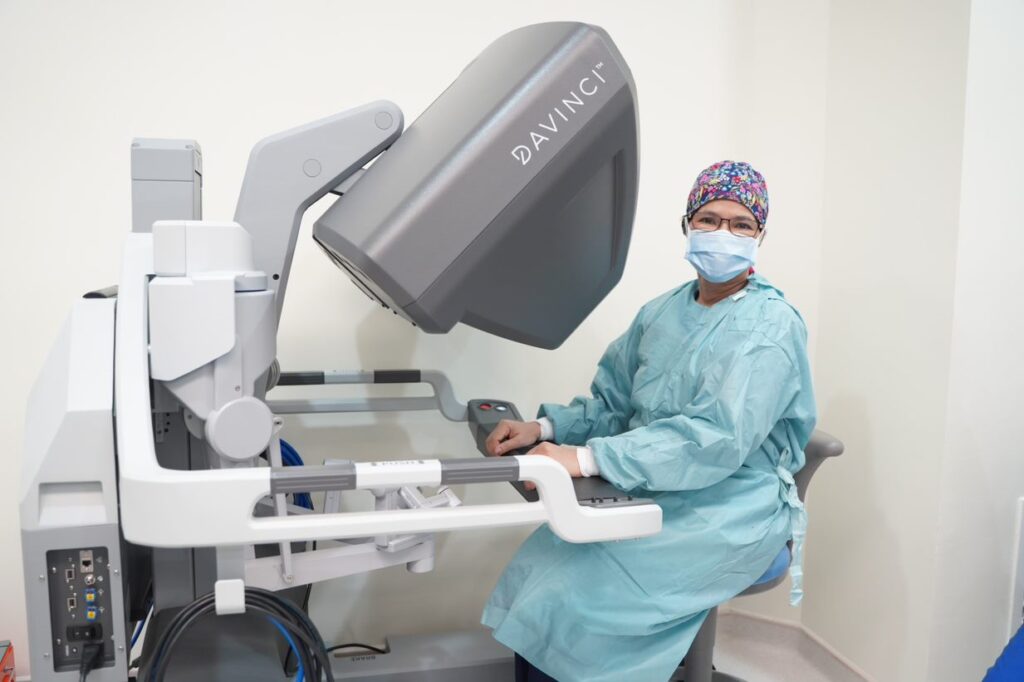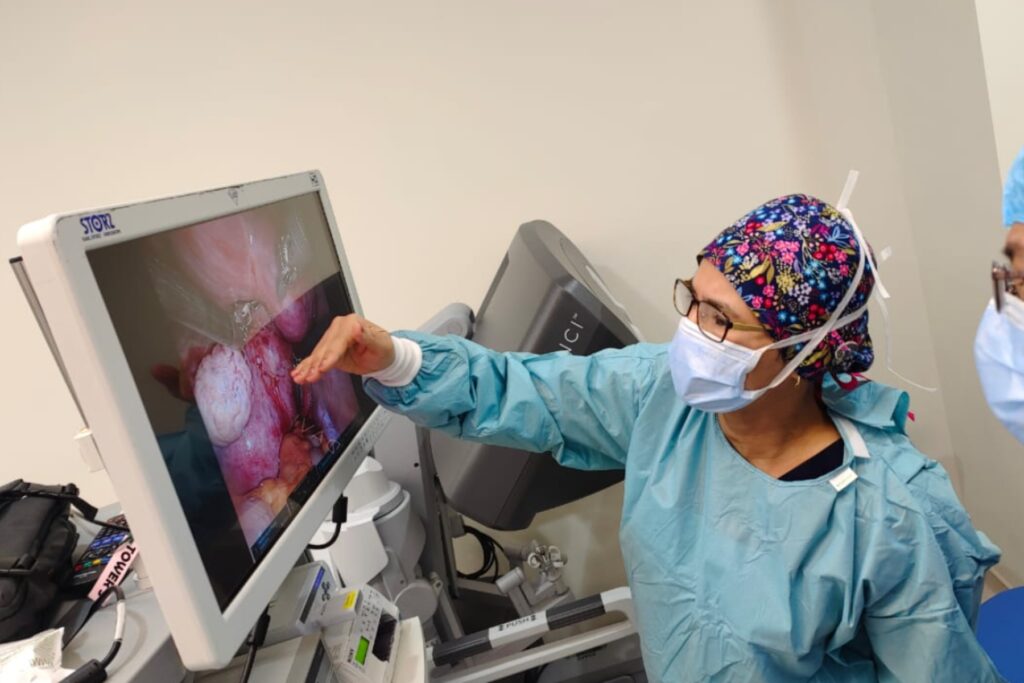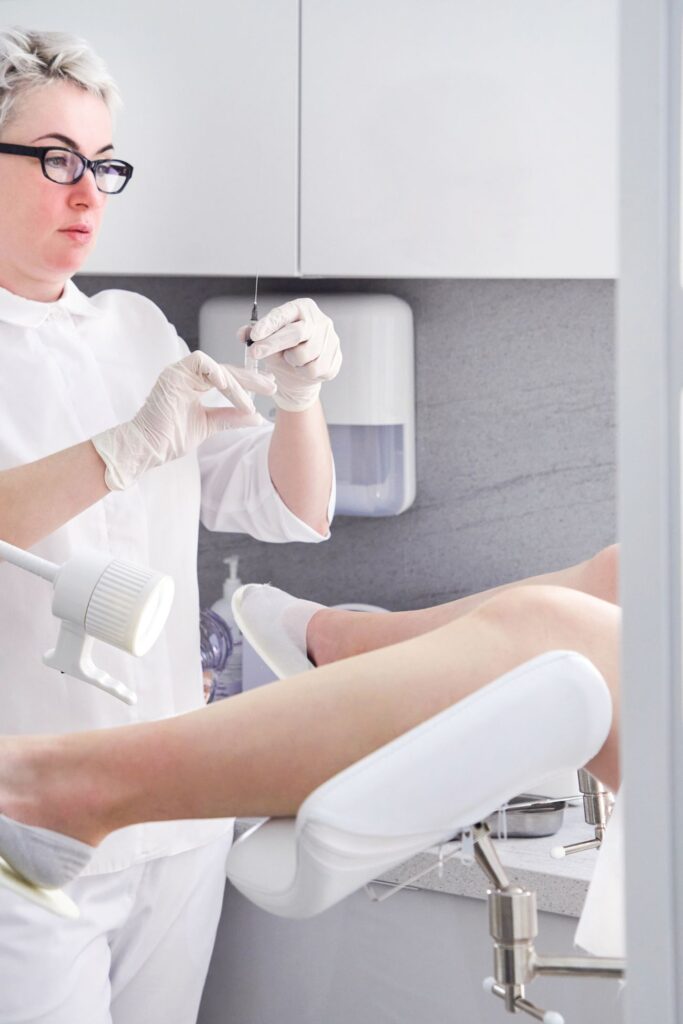Fertility & Infertility Treatment

Fertility & Infertility Treatment
If you’re trying to start or expand your family but having trouble getting pregnant, we’re here to help. Our fertility and infertility treatment services offer a range of options to diagnose and overcome reproductive issues. Our team is all about personalised care, so we’ll work with you to come up with a plan that suits your needs and goals. And don’t worry, we totally get that this can be an emotional rollercoaster, so we’re here to offer support and guidance along the way. Let’s get you on the path to parenthood, one step at a time!
Building a family isn’t always straightforward, but it’s never impossible. If you’re facing fertility challenges, know that you have the strength and resilience to overcome them. At my clinic, I always empower my patients with a range of advanced fertility treatment options, designed to diagnose and address the root cause of their struggles. I believe in individualized care, crafting a treatment plan that fits your unique circumstances and goals.


How We Can Help
Your Journey to Parenthood Starts Here
The yearning for parenthood can flicker like a spark, ignite into a blazing fire, and sometimes, face unexpected hurdles. At my practice, I understand the emotional rollercoaster of infertility, the whispers of “what if” echoing in your heart.
But here, amidst the challenges, we also nurture hope, offering a beacon of expertise and a gentle hand to guide you towards your dream of holding a little one in your arms. Below are the methods that we can use to assist you with your parenthood journey.
Medication
Medications are a common fertility treatment that can be used to stimulate ovulation in women and increase sperm production in men. The medications work by regulating hormone levels and stimulating the release of eggs from the ovaries or increasing the number and quality of sperm produced.
In women, fertility drugs such as clomiphene citrate or letrozole are often prescribed to stimulate ovulation. These medications are typically taken orally for several days during the menstrual cycle and can help increase the chances of conception. Gonadotropins, another type of fertility drug, may be used in conjunction with intrauterine insemination (IUI) or in vitro fertilization (IVF) to further increase the chances of success.
In men, medications such as clomiphene or human chorionic gonadotropin (hCG) may be prescribed to increase sperm production and improve motility. These medications can help improve the chances of successful fertilization and pregnancy.

In vitro fertilization (IVF)
In vitro fertilization (IVF) is a type of assisted reproductive technology (ART) that involves fertilizing an egg with sperm outside the body in a laboratory dish. After fertilization, the resulting embryo is transferred back into the uterus with the hope of achieving a successful pregnancy.
IVF is often recommended for individuals or couples who have been unsuccessful with other fertility treatments or have specific reproductive issues, such as blocked fallopian tubes, endometriosis, or low sperm count. The process typically involves several steps, including ovarian stimulation to produce multiple eggs, egg retrieval, fertilisation, and embryo transfer

Intrauterine insemination (IUI)
Intrauterine insemination (IUI) is a type of fertility treatment that involves placing sperm directly into the uterus during a woman’s ovulatory cycle. This can increase the chances of fertilisation and successful pregnancy, particularly for individuals or couples who have difficulty conceiving due to issues such as low sperm count or cervical mucus problems.
IUI is typically less invasive and less expensive than other fertility treatments, such as in vitro fertilisation (IVF). The process involves collecting and preparing a semen sample, then placing it directly into the uterus using a catheter. This can be done with or without the use of fertility drugs to stimulate ovulation.

Book Your Slot With Dr. Sharifah
Make an Appointment
Let’s talk! During a personalized consultation, we can discuss your specific needs, explore your options for minimally invasive gynecological surgery, and answer any questions you may have.
